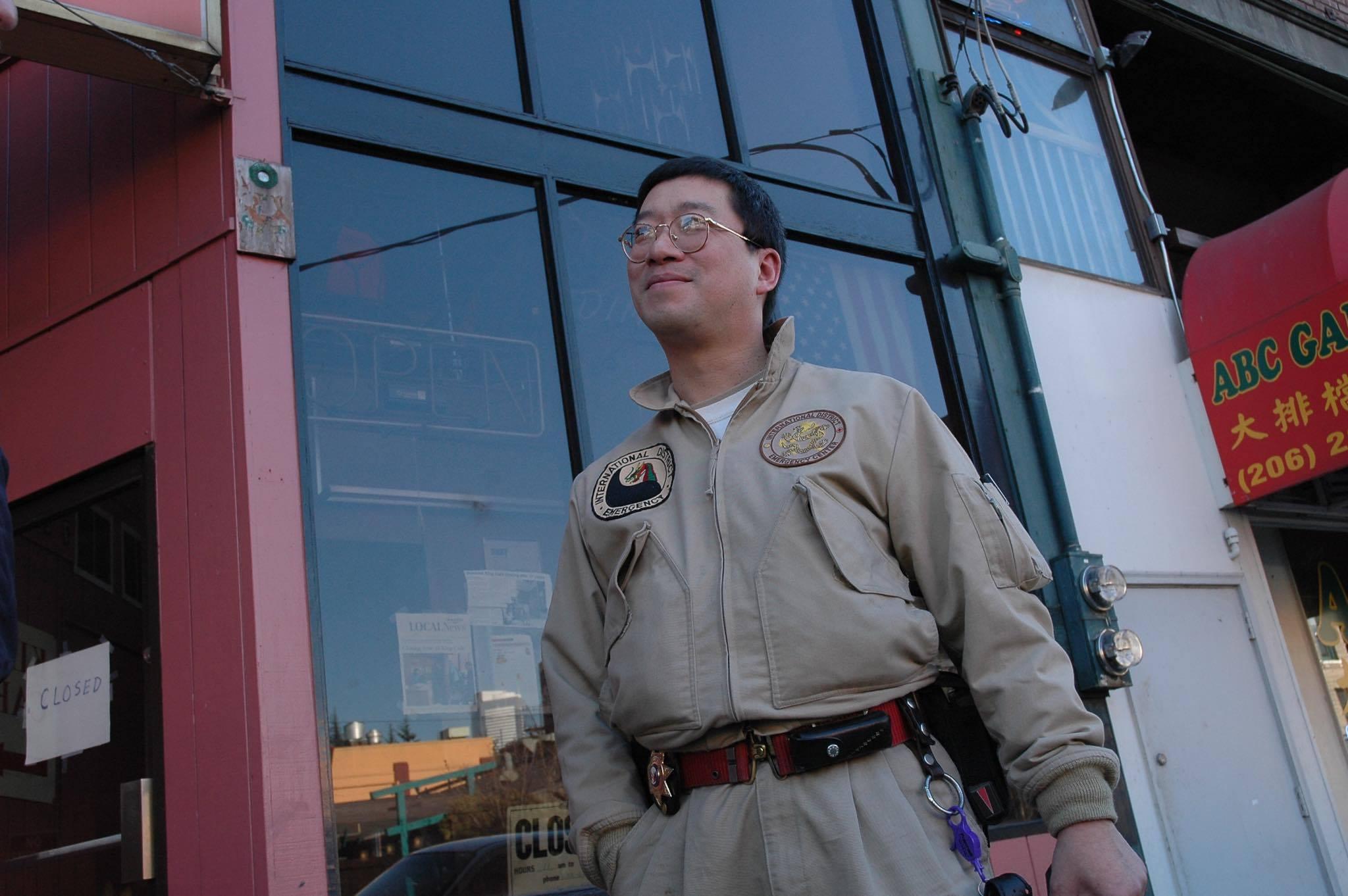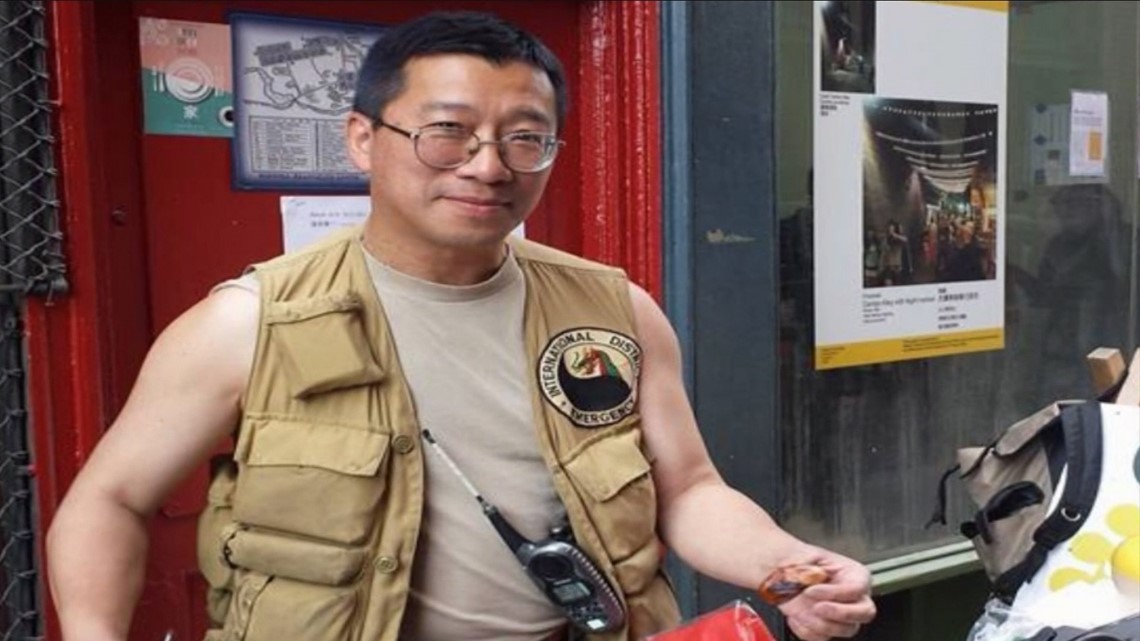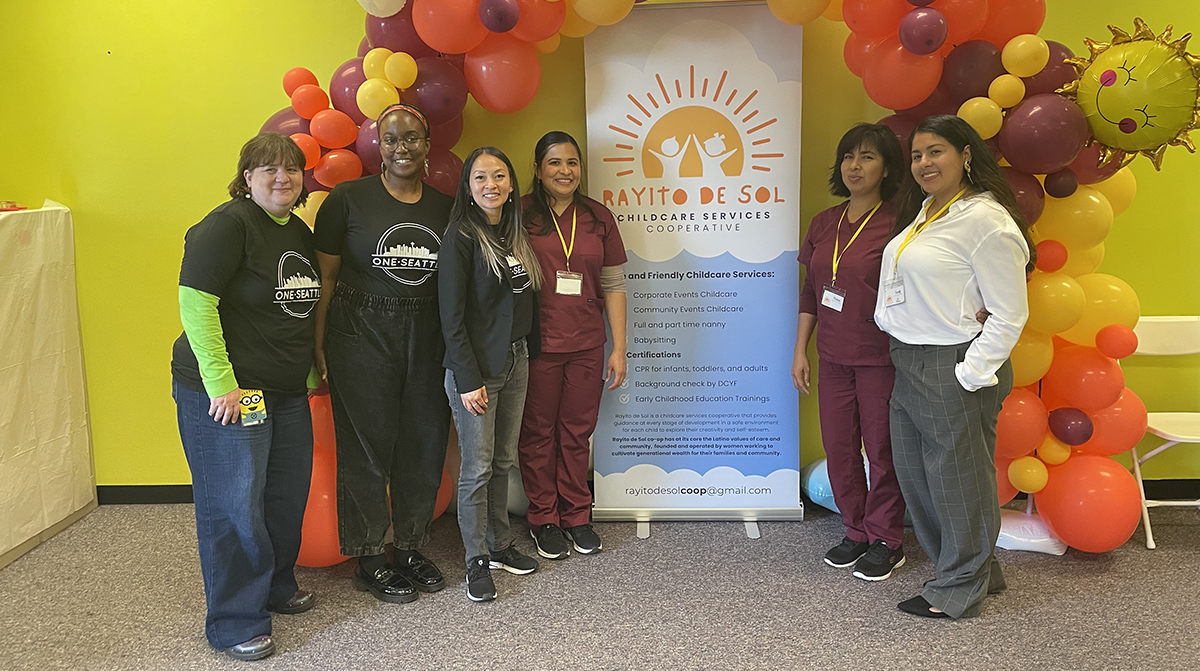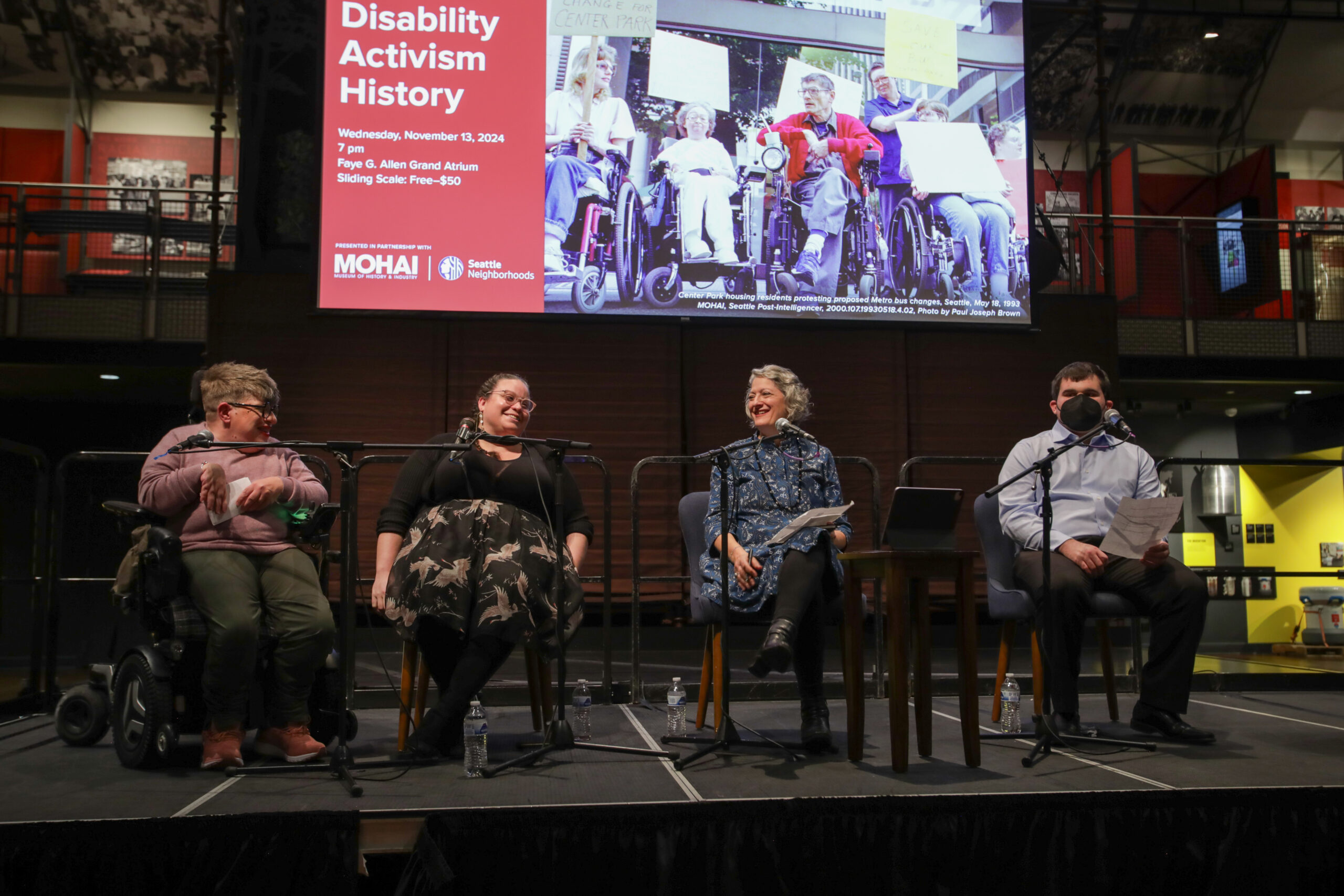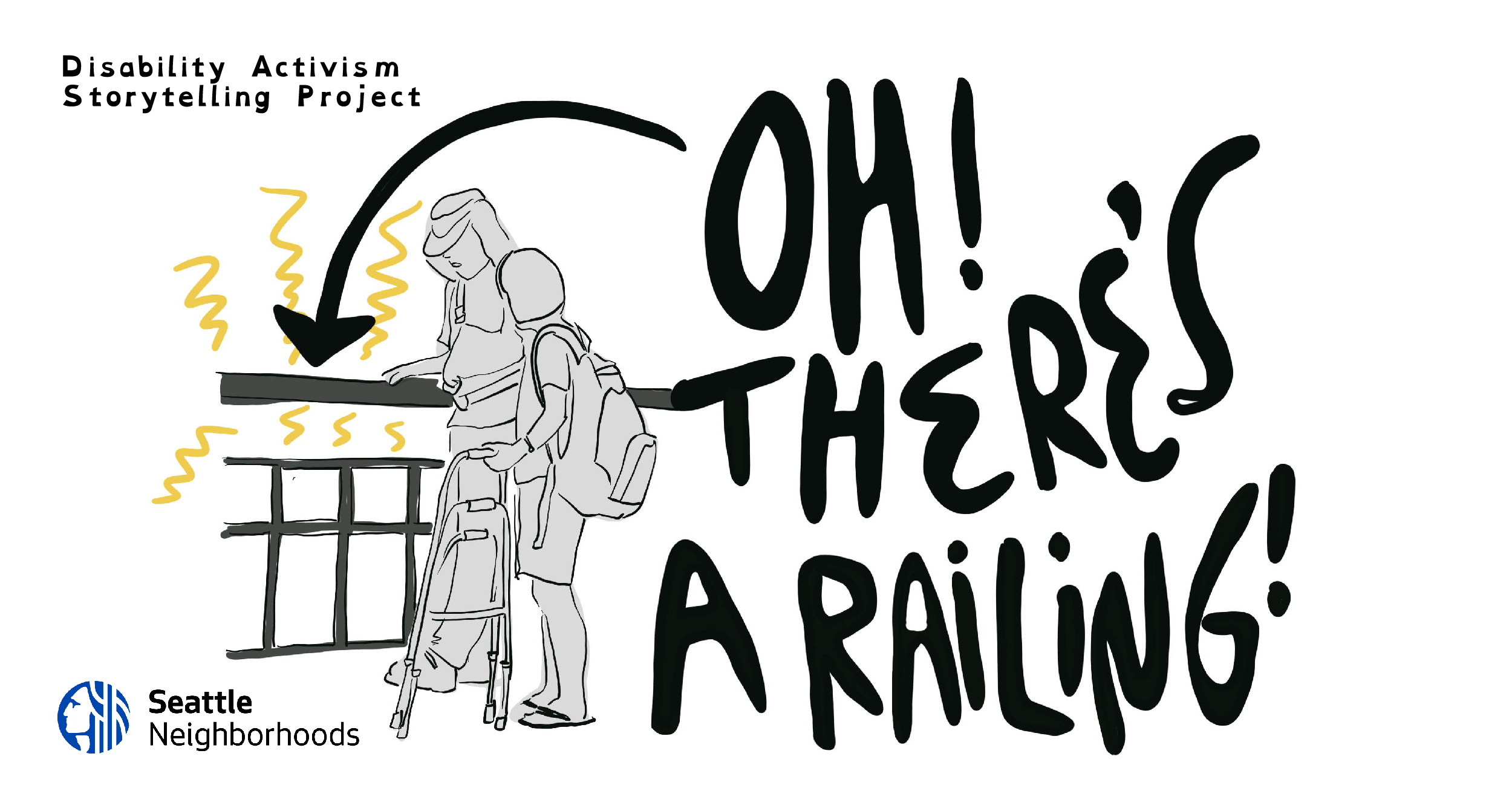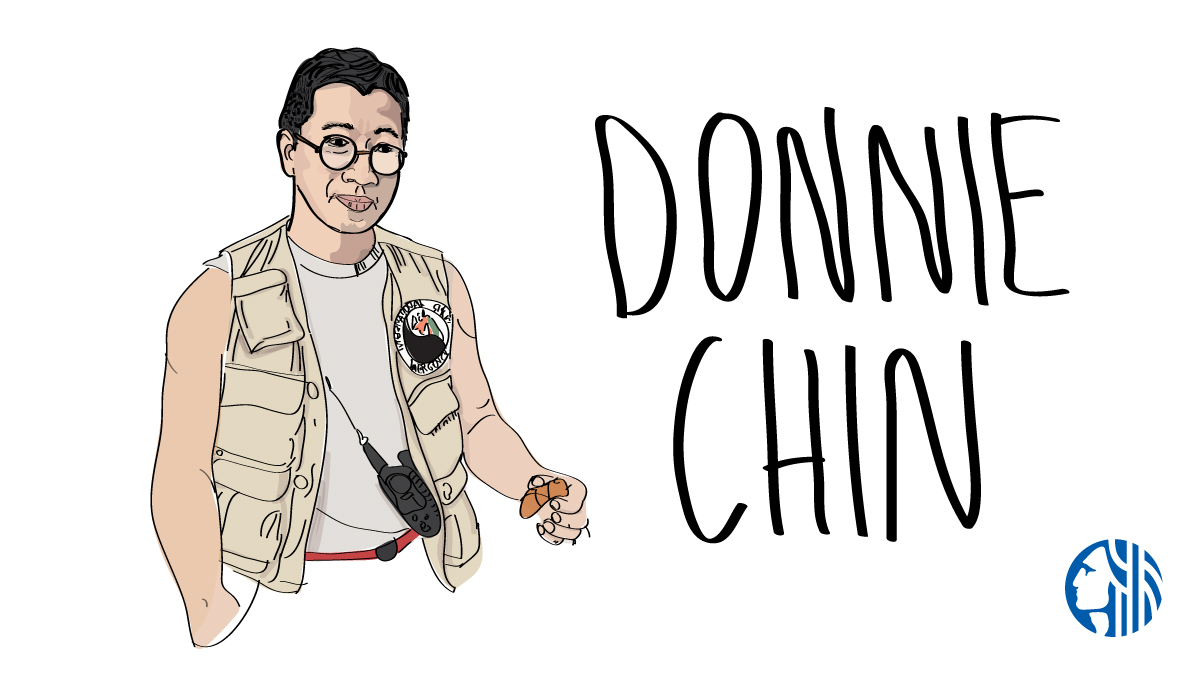
In celebration of Asian American, Native Hawaiian, and Pacific Islander (AANHPI) Heritage Month, we are hosting a series of profiles and stories to amplify and honor people, businesses, organizations, and projects connected to the history of Seattle’s AANHPI community.
For nearly four decades, Donnie Chin was dedicated to serving, protecting, and inspiring the residents of the Chinatown International District. His leadership and commitment to public safety brought assistance and resources to those in need and, quite literally, saved lives.
As a teenager in 1968, Donnie noticed that emergency response time in the neighborhood was very slow, if there was a response at all. He decided to take matters into his own hands. Chin and his friend Dean Wong began buying medical equipment and doing research on emergency programs. They cleared out a space in Canton Alley where Chin’s family stored inventory from their store, Sun May Co. This became the International District Emergency Center (IDEC). The two patrolled the streets and offered support ranging from carrying groceries and checking in on elderly neighbors to de-escalating altercations and administering first aid.
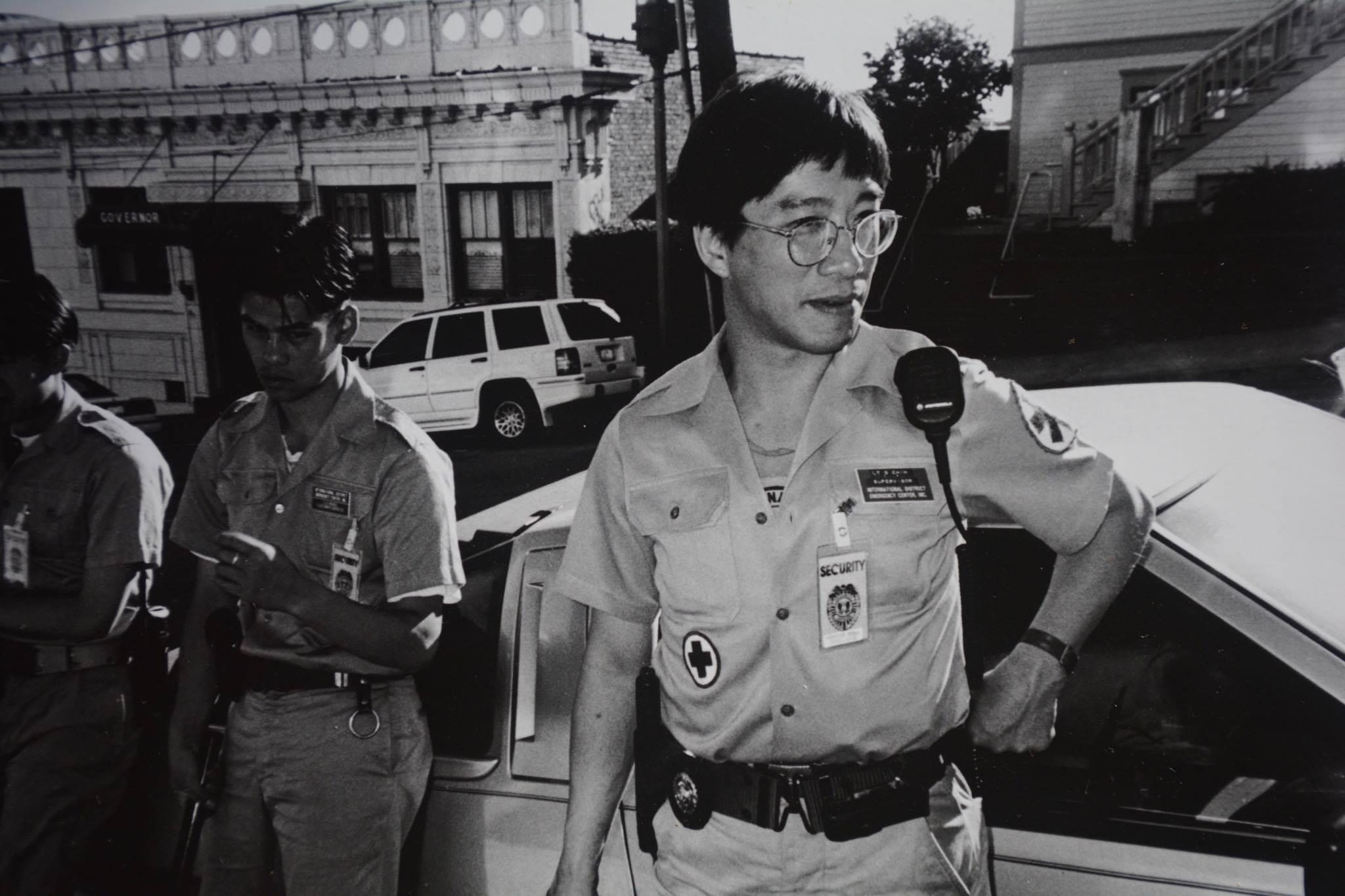
Soon, other neighborhood kids joined the duo. Chin provided basic first aid training and emphasized the importance of giving back to their community by connecting them with area elders to help with translation, shopping, or other chores. Many of the kids’ parents were immigrants; working long, hard hours in restaurants and garment factories. The Emergency Center offered a place for youth to hang out, listen to music, and do homework. The crew became known as Donnie’s Kids.
Chin continued his service to the neighborhood as director of the IDEC until his death in 2015 when he was shot while patrolling the area in his car. Though the case is still open, no one has been charged for the crime.
After his death, volunteer street patrolling ceased, and the IDEC services shifted to assistance training and public safety education. Last summer, in the wake of protests for George Floyd and a spike in anti-Asian violence, there was a resurgence of a neighborhood watch program in the CID. In addition to night patrols, volunteers have helped board up and paint businesses, donate money, deliver food, and support the elderly community.
